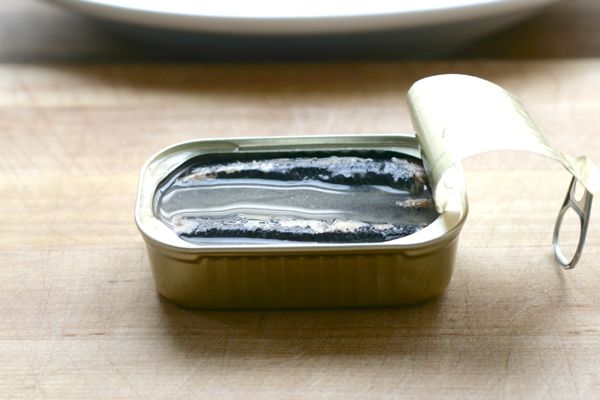Some artists board themselves up in a room for weeks until the canvas or the typewriter inspires them. Others obsessively carry notebooks so that ideas can be captured the moment it strikes. Some go on retreats in the woods or by the sea, cut off from their digital lives for weeks at a time. Others look for it in their daily lives, in small doses that fit between work and school and errands.
The creative process has always been somewhat of a mystery, mostly because it affects each of us differently, and it can take years to fully understand how your own creativity ebbs and flows. One day, Frank O'Hara decided to write a poem about this very topic. "Why I Am Not a Painter" invites us in as if we are a friend sitting across from him at the dinner table, having a conversation.
Why I Am Not a Painterby Frank O'Hara
I am not a painter, I am a poet.
Why? I think I would rather be
a painter, but I am not. Well,
for instance, Mike Goldberg
is starting a painting. I drop in.
"Sit down and have a drink" he
says. I drink; we drink. I look
up. "You have SARDINES in it."
"Yes, it needed something there."
"Oh." I go and the days go by
and I drop in again. The painting
is going on, and I go, and the days
go by. I drop in. The painting is
finished. "Where's SARDINES?"
All that's left is just
letters, "It was too much," Mike says.
But me? One day I am thinking of
a color: orange. I write a line
about orange. Pretty soon it is a
whole page of words, not lines.
Then another page. There should be
so much more, not of orange, of
words, of how terrible orange is
and life. Days go by. It is even in
prose, I am a real poet. My poem
is finished and I haven't mentioned
orange yet. It's twelve poems, I call
it ORANGES. And one day in a gallery
I see Mike's painting, called SARDINES.
There are several threads to follow. This poem is actually about the process of writing another poem, "Oranges: 12 Pastorals" that ultimately has no oranges in the final piece at all. He compares his own process to that of his friend, the artist Mike Goldberg who is simultaneously beginning a new painting, "Sardines," of which the little fish also do not make an appearance in the final piece, either. But creativity is funny, isn't it? Often the journey from beginning to end swirls you around and around, and you might end up in a very different place than you once thought you would. That's also the beauty of creativity, too, because if you embrace it, you might be opening yourself up to an even better idea than the one you started with.
I love the casual tone of this poem. It's not stiff or formal. O'Hara "drops in" on Goldberg, and they drink and chat and relax for a while. For days like this, a bean salad is perfection. You know that feeling when the afternoon turns to evening but you were busy working so passionately on something that you hardly noticed? Suddenly you look up from your work and it's dark outside, and you might now realize you're hungry and have missed the usual dinner hour. When this happens, make a bean salad. It hardly requires any cooking, and then you can resume your project, or take a break, whichever you prefer. Add a large squirt of lemon, pour a glass of wine, and savor it all.
SARDINE AND WHITE BEAN SALAD
Resist the temptation to make large breadcrumbs. The fish and beans are delicate, so you really want small, olive oil-soaked crumbs that will melt in your mouth. If you plan ahead, make your own beans at home because they will greatly enhance the flavor of the salad, but canned will do in a pinch, which I've included in the recipe below.
1 can white beans, rinsed and drained
1 can sardines (about 3), lightly torn
1/4 cup chopped Italian parsley
Lots of lemon juice
Good extra-virgin olive oil
About 4 baguette slices
Gently open the sardines and push away any bones with your thumb to discard. Lightly break up the meat and place it into a serving bowl along with the white beans and parsley. Add extra-virgin olive oil, salt, pepper and lots of fresh lemon juice. Stir to combine, and let the flavors sit together a while as you make the breadcrumbs.
Cut the bread into very small pieces, about the size of peas. Add them to a small sauté pan and coat with extra-virgin olive oil. Stir to combine, and be sure the bread is well coated. Season with salt, and cook over low heat until golden brown.
Go back to your bowl and taste it. When it's just perfect, add the bread crumbs and toss right before serving.






